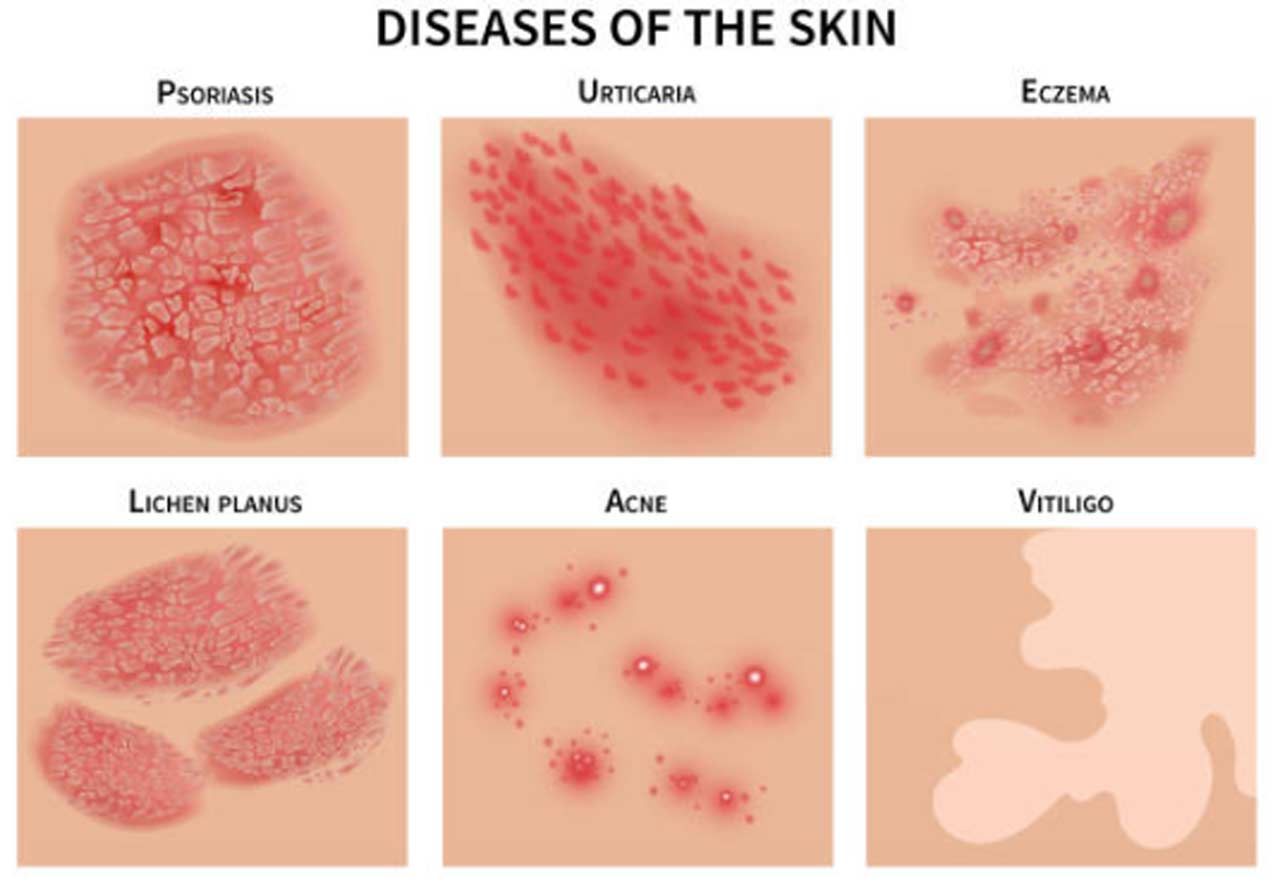 Navigating the complexities of eczema triggers and management stands as a pivotal quest for millions worldwide grappling with this chronic skin condition. Eczema, characterised by inflammation and persistent itching, often presents a puzzle with triggers as varied as they are elusive. Demystifying these triggers and mastering effective management approaches of dermatology in Dubai is essential for those seeking relief and control over their skin health. Unravelling the intricate web of factors—from environmental influences to dietary choices—and understanding the diverse management strategies not only empowers individuals in their journey with eczema but also holds the promise of enhancing their quality of life by minimising flare-ups and fostering healthier, more resilient skin.
Navigating the complexities of eczema triggers and management stands as a pivotal quest for millions worldwide grappling with this chronic skin condition. Eczema, characterised by inflammation and persistent itching, often presents a puzzle with triggers as varied as they are elusive. Demystifying these triggers and mastering effective management approaches of dermatology in Dubai is essential for those seeking relief and control over their skin health. Unravelling the intricate web of factors—from environmental influences to dietary choices—and understanding the diverse management strategies not only empowers individuals in their journey with eczema but also holds the promise of enhancing their quality of life by minimising flare-ups and fostering healthier, more resilient skin.
Being Aware Of Eczema Triggers
The key to controlling eczema, a chronic skin ailment, is being intensely aware of its triggers. Awareness of the wide range of triggers for eczema flare-ups, whether nutritional, emotional, or environmental, enables people to take preventative measures to lessen their effects. This awareness acts as a compass to help navigate everyday routines, from detecting certain allergies like pollen or certain meals to realising the impact of stress and weather fluctuations. Through careful observation and identification of triggers specific to their experience, people can modify their surroundings, dietary habits, and way of life to create a buffer against future flare-ups to improve control over eczema; this increased awareness also gives one a feeling of empowerment.
Genetics’s Part In Eczema
Genetics plays a significant role in the intricate tapestry of eczema, underscoring the interplay between inherited factors and the development of this chronic skin condition. Individuals with a family history of eczema often possess genetic predispositions contributing to their susceptibility. Variations in specific genes associated with skin barrier function, immune response, and inflammation regulation are believed to heighten the likelihood of eczema manifestation. While genetics lay the foundation for this condition, environmental factors also wield considerable influence, often as triggers that interact with genetic predispositions to prompt flare-ups. Understanding the genetic component of eczema sheds light on its origins. It emphasises the complex interplay between inherited traits and external factors, guiding more personalised approaches to its management and treatment.
Environmental Flashpoints And Skin Sensitivities
Skin sensitivity and environmental flashpoints interact dynamically to influence skin health significantly. Causes of the environment for skin sensitivities include changes in the weather and airborne allergens. These variables can exacerbate eczema, psoriasis, and contact dermatitis. Environmental factors might cause skin responses, including pollutants, severe weather, ultraviolet (UV) rays, and irritants in household or personal care products. These stresses from the environment can weaken the skin barrier in those who are already sensitive, which can cause greater irritation and discomfort. Using protective clothing and limiting exposure to recognised allergens or irritants are two examples of preventative strategies that need an understanding of these environmental flashpoints and how they may affect skin sensitivity.
Food Allergens And Dietary Adjustments
Food allergies have a significant impact on skin health, particularly for those who suffer from eczema. Several foods, including eggs, dairy products, nuts, and gluten-containing cereals, have been found to often cause flare-ups of eczema in those who are vulnerable. Comprehending the effects of these food allergies on skin diseases enables thoughtful dietary modifications to alleviate symptoms. Keeping a food journal or implementing an elimination diet to pinpoint particular irritants can be very helpful in treating eczema. People can manage their eczema disease by consulting with specialists from good hospitals in dubai proactively by being aware of food allergies and implementing customised dietary changes, which may lessen the frequency and intensity of flare-ups.
Mental Triggers And Anxiety
Mental triggers, particularly stress and anxiety, exert a profound influence on skin health, often exacerbating conditions like eczema. The intricate connection between the mind and skin is well-documented, highlighting how emotional states can impact the nervous and immune systems, subsequently affecting the skin’s condition. Heightened stress levels can trigger inflammatory responses in the body, potentially worsening existing skin conditions or prompting flare-ups. The constant itching and discomfort associated with skin conditions can increase stress, creating a cyclic relationship between mental well-being and skin health. Incorporating stress management techniques of the best dermatologist in dubai, mindfulness, meditation, or therapy not only aids in alleviating emotional triggers but also serves as an essential component in holistic skin care. By addressing mental triggers and managing stress, individuals can mitigate the impact on their skin, promoting a healthier and more balanced complexion.
Practises For Skin Care As Well As Hygiene
Proper skincare and hygiene practices are essential for preserving skin health, especially for those with delicate skin or skin diseases like eczema. Using moderate, fragrance-free cleansers and moisturisers as part of a gentle skincare regimen catered to one’s skin type helps to avoid irritation and preserve the skin’s natural barrier. Regular moisturisation is essential for eczema sufferers to maintain moisture and avoid flare-ups. Selecting hypoallergenic and non-comedogenic items also reduces the likelihood of triggering. Good hygiene includes bathing in lukewarm water, avoiding strong soaps, and patting dry the skin rather than rubbing it. These habits, in addition to using allergen-free detergents and breathable clothes, greatly aid in managing skin disorders and promoting general skin health.







